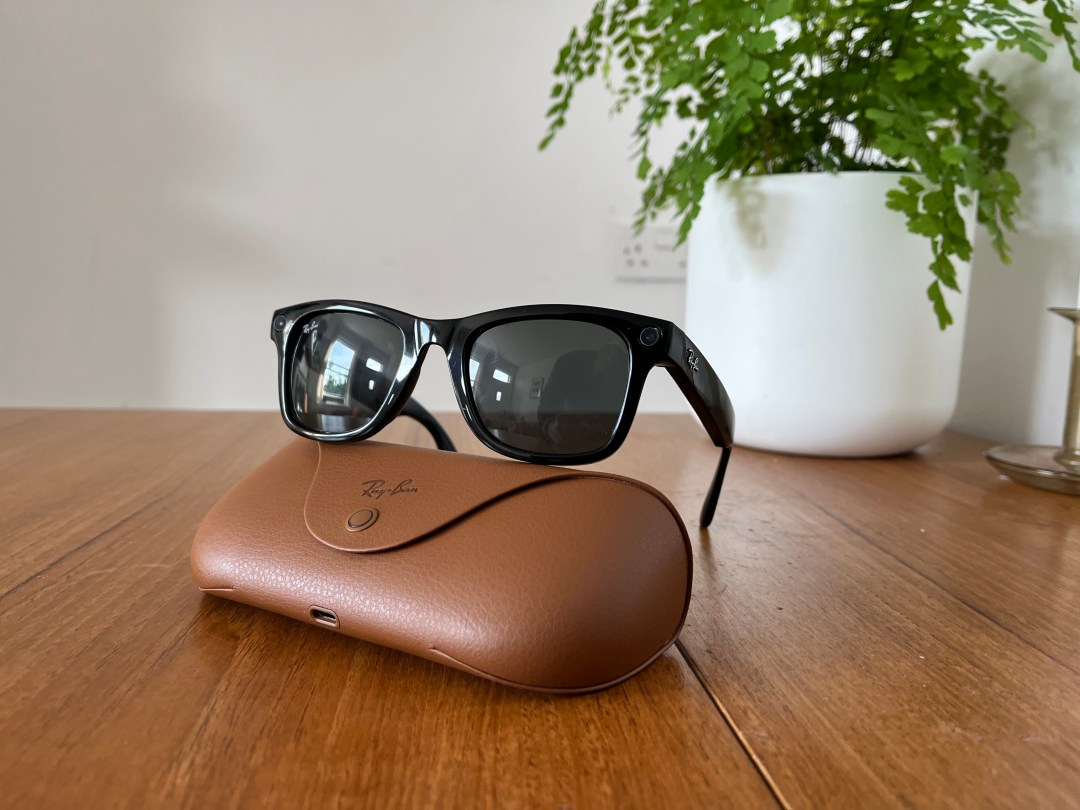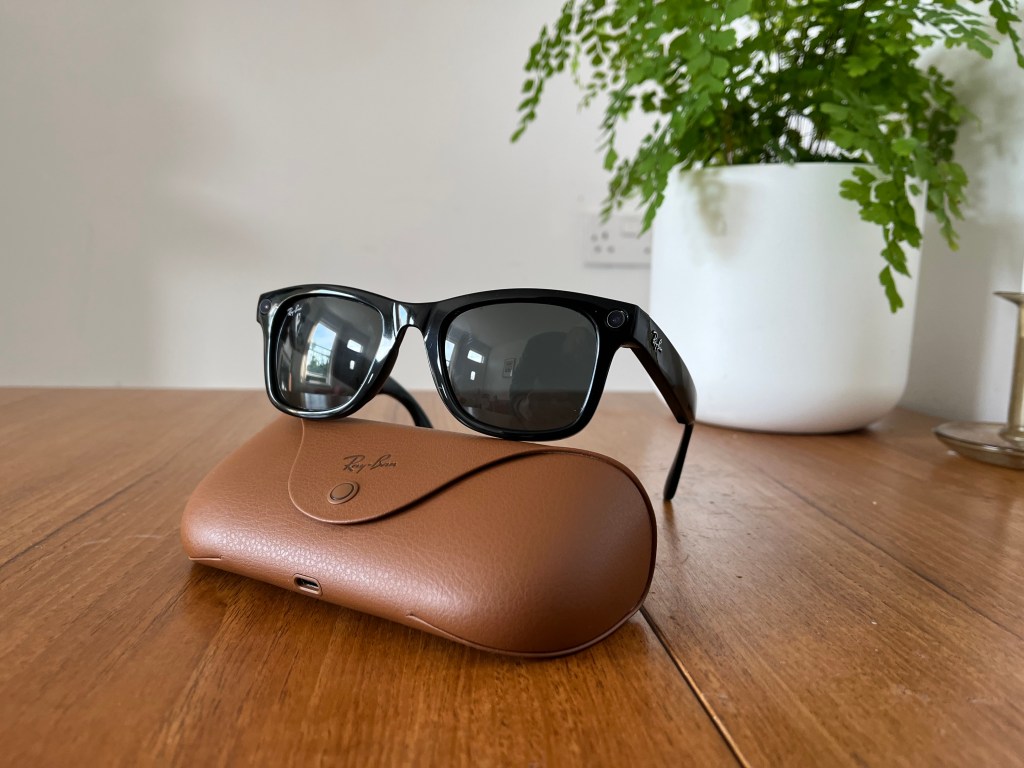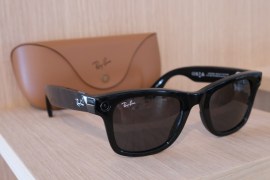I thought Ray-Bans were effortlessly cool, until Zuck put cameras in them
Technology is rarely, if ever, effortlessly cool. Are smart glasses the exception? Probably not.

Technology is rarely, if ever, effortlessly cool. The iPhone can innovate each year, but it banks on its dwindling pop culture relevance to stay ahead of the pack. A 90in TV screen can easily impress, but not if Rick and Morty is all you’re watching on it.
This isn’t to hate on any of those things. ‘Cool’ is subjective. Even when it’s not, cool is measured in pretty conventional, middle of the road parameters. Dudes in leather jackets perhaps, or bed headed drifters with a PG-13 ‘don’t give a flip’ attitude. Even being not cool is cool. Either way, cool can’t be forced. That, sadly, doesn’t stop people from trying.
There’s a reason why Mark Zuckerberg trains in MMA, or why Elon Musk, a literal 52 year old man, spends his time posting I Can Has Cheezburger-era memes to internet randomers named @CatTurd. Both pursuits are ‘cool’ to a breed of man – i.e. billionaires – who have everything they want, except taste. These people can’t simply sit back, count their billions, own all of your data and relax. No, they want you to think they’re cool too. And they’re sad that you don’t.
What’s the point of all this? Well, Meta has partnered with Ray-Ban to release a pair of sunglasses with cameras in them. Ray-Ban are the luxury sunglasses company born in 1929. They’re the sunglasses of choice for down to earth movie stars and aspiring Andy Warhols alike. How to you update an American classic like the Ray-Ban Wayfarers? Stick cameras on them, of course.

That’s what we have in the Ray-Ban Meta Smart Glasses. Tap a little button on top of the right temple or utter the words ‘Hey Meta, take a photo’ to snap an image. The glasses sport a 12MP camera, records 1080p video up to 60 seconds and supports livestreaming over Instagram and Facebook. But to me, it’s just another example of tech trying to reinvent a wheel that already works just fine (and to keep investors happy).
It’s not a secret that Facebook isn’t exactly popular with the youth of today. Facebook has become less of a place for university friendships groups, more for dysfunctional local neighourhood watch groups. It’s understandable why Meta would want to chage that image. After all, it was a key reason why Facebook (the umbrella company) became Meta in the first place.
But I can’t help but feel that Meta is saying one of two things with its partnership with Ray-Ban. Either, that it’s cool factor is equal to a heritage and culture that has developed naturally over the past 94 years. Or, that sunglasses need a refurb, and Meta are the ones to do it. Neither option is a good one, but slapping a camera and a Meta logo on the Ray-Ban feels like a ‘how do you do, fellow kids?’ meme made real.
Whether the Ray-Ban Meta Smart Glasses 2.0 succeed is yet to be seen. But it’s not exactly like there hasn’t already been a precedent for this. Google Glass was the original canary in the coal mine when it came to glasses tech. Where are they now? On the scrap heap of discarded Google projects.
The problem for the Ray-Ban Meta Smart Glasses comes with Mark Zuckerberg being so intrinsically linked with the company. Everything that Meta creates is cursed by its founder, somehow who exists in a weird billionaire nether zone. He’s not an Elon Musk, someone who has cultivated a fanbase that will jump on a landmine for him at the very first sign of justified critique. He isn’t a Bezos, who can absolve a multitude of sins by sending a few celebrities into space. Zuckerberg is just…Zuckerberg, and by default, Meta.
Until Zuckerberg appears on the front cover of Vogue sporting a Julius Caesar hair cut, few people will heed his style advice. But there is a way to turn it around. Zuckerberg could follow in the footsteps of MySpace Tom, a tech mogul who built a fortune before disappearing to a lake house somewhere. Or, Our Greatest Thinkers™ can carry on just as they are. We’re sure it’ll work this time.


